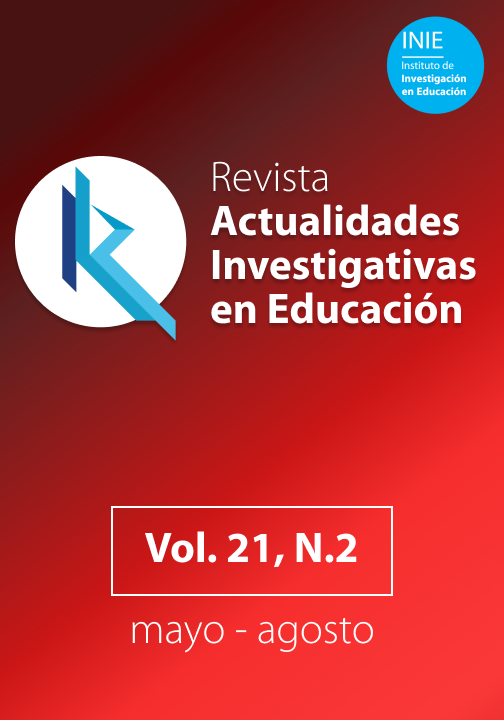Abstract
This article presents the results of a systematic documentary review aimed at determining the barriers and facilitators for the entry and stay in the Colombian education system of two groups historically marginalized from a quality education in this country: students with disabilities and LGBTIQ+ children. The study was developed under a qualitative methodology based on the content analysis of secondary sources. To achieve the aforementioned purpose, systematization of classroom experiences and successful educational innovations with one or both target groups of the research, developed between 2016 and 2020, were reviewed. The works included took place in Colombian urban communities in different regions of the country and their choice followed the principles of the PRISMA Declaration. For the group with disabilities, the findings showed advances in terms of adaptations and curricular adjustments aimed at encouraging learning opportunities for these students, especially in primary basic education. A barrier to continuing work in secondary and higher education, in particular, has to do with the lack of teacher training and the prevalence of false beliefs about how people with disabilities learn and their possibilities in school. With regard to LGBTIQ+ students, a gap was observed between institutional policies that support education for all, versus coexistence practices that still foster scenarios of marginalization. Various barriers linked to stereotypes about sexual orientation and gender identity were identified, as well as the absence of protocols to mitigate the multiple violence that still afflict these groups.



